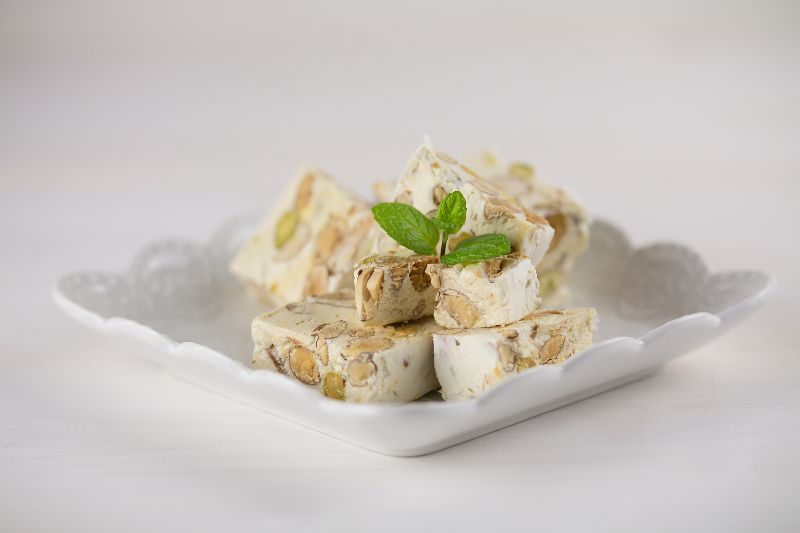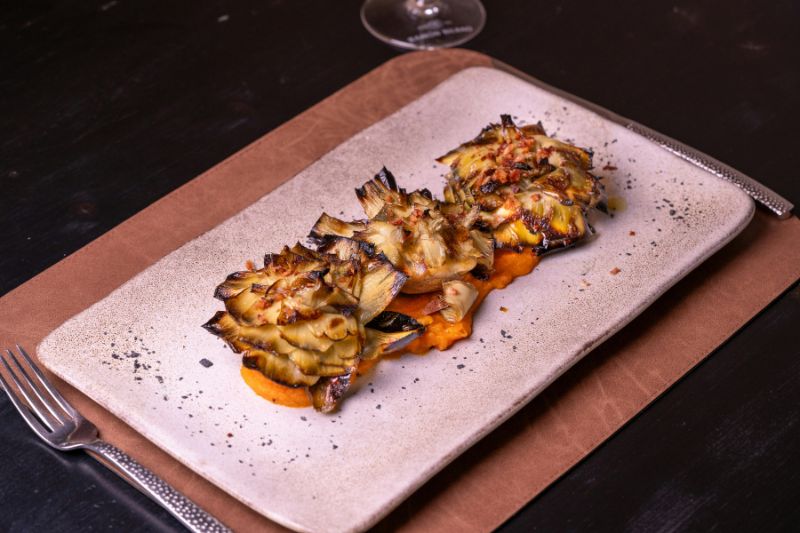Christmas in Rome: flavours, traditions and team building
Christmas in Rome is shaped by distinctive foods that carry centuries of history. These dishes appear in homes, markets and local bakeries, and they also provide a foundation for some of our most popular team building experiences.
In recent years, companies have chosen cooking classes and gastronomic workshops in Rome as a way to create practical collaboration within teams. The festive season gives these activities stronger meaning, linking work skills with cultural heritage.
Key Christmas traditions in Rome - Christmas eve and the Vigilia meal
The evening of 24 December, known in Italian as La Vigilia, is dedicated to fish and vegetables. Families prepare fried seafood, spaghetti with clams, roasted eel and seasonal greens such as chicory. The emphasis is on lighter dishes without meat, a tradition connected to older Catholic customs.

Christmas day recipes
On 25 December, meals become more substantial. Lasagna or cannelloni are served alongside roast lamb with potatoes. Soups such as stracciatella or cardoon broth often start off the Christmas lunch, while artichokes and “puntarelle” appear as side dishes. These foods are consistent across Roman households and remain central to the city’s identity at Christmas.
Traditional desserts
Sweet recipes include pangiallo, panpepato and torrone. Pangiallo, which translates literally as "yellow bread", is a dense, sweet-but-not-too-sweet fruit and nut loaf with saffron glaze. This is one of the few recipes still in existence that dates back to ancient Rome. Not to be confused, of course, with the better known Panpepato, which is akin to gingerbread and is filled with nuts, honey, chocolate and spices, offering a strong and aromatic flavour. Torrone, a nougat made with honey and almonds, is shared at the end of meals. These desserts are widely produced in bakeries and are also practical for cooking classes.
Team building through Roman food traditions
Spending time in Rome with your team in December offers amazing opportunities for gastronomic team building events in stunning venues, such as fully-equipped lofts and renovated artisan workshops. These venues provide a change from conventional meeting spaces and help participants focus on shared activities. The ones we select for this specific activities are especially suited to Christmas because they highlight the link between place, tradition and season.
Christmas cooking and baking workshops
Workshops on Roman desserts or full menu preparation allow teams to participate directly in traditional practices. All the individual tasks that are needed to get to the final result, such as preparing the various doughs or glazing a loaf of pangiallo, are divided among participants for equal fun and shared responsibility. After all, the whole point of team building and the only way to measure results, is sharing all parts of the job.
Interactive tastings: the moment everyone will be waiting for
Tasting activities are a vital part of any culinary-based team building exercise (and, let's face it, they are the main reason these team building activities are popular in the first place). They can be used to encourage observation and teamwork, while they also offer an excellent opportunity for good banter. Groups identify ingredients in sauces or compare different versions of local recipes. These formats support communication while keeping the focus on Roman food traditions.
Designing an effective Christmas team building programme
When creating a Christmas team-building programme, organisers need to define whether the priority is communication, creativity or team morale. The chosen recipes and activities should reflect these goals. For instance, pasta-making workshops often emphasise precision and patience, while dessert-making requires coordination across several roles.

Working with local providers
Our agency regularly works with Roman culinary schools, providing structured programmes that integrate historical recipes with modern teaching methods. Selecting providers who prioritise seasonal and local ingredients ensures that activities are both authentic and sustainable.
A typical agenda might start with introductions and ingredient explanation, followed by cooking in teams and a final group meal. The follow-up reflection on the whole process, combined with the much awaited tasting phase, gives participants a direct link between collaboration and results. Seasonal desserts close the experience, reinforcing the cultural context of Christmas in Rome.
Lasting outcomes for companies and participants
Cooking traditional Roman dishes during Christmas creates a shared reference point that extends beyond the activity itself. All the teams we have worked with, that have tried this kind of team-building activities, left with improved coordination skills, a better sense of collective responsibility and, most importantly, shared memories linked to specific cultural practices. For the businesses we work with, these outcomes strengthen internal cohesion and add value to seasonal celebrations. For Rome, they confirm the city’s position as a centre where gastronomy, culture and professional development converge.
